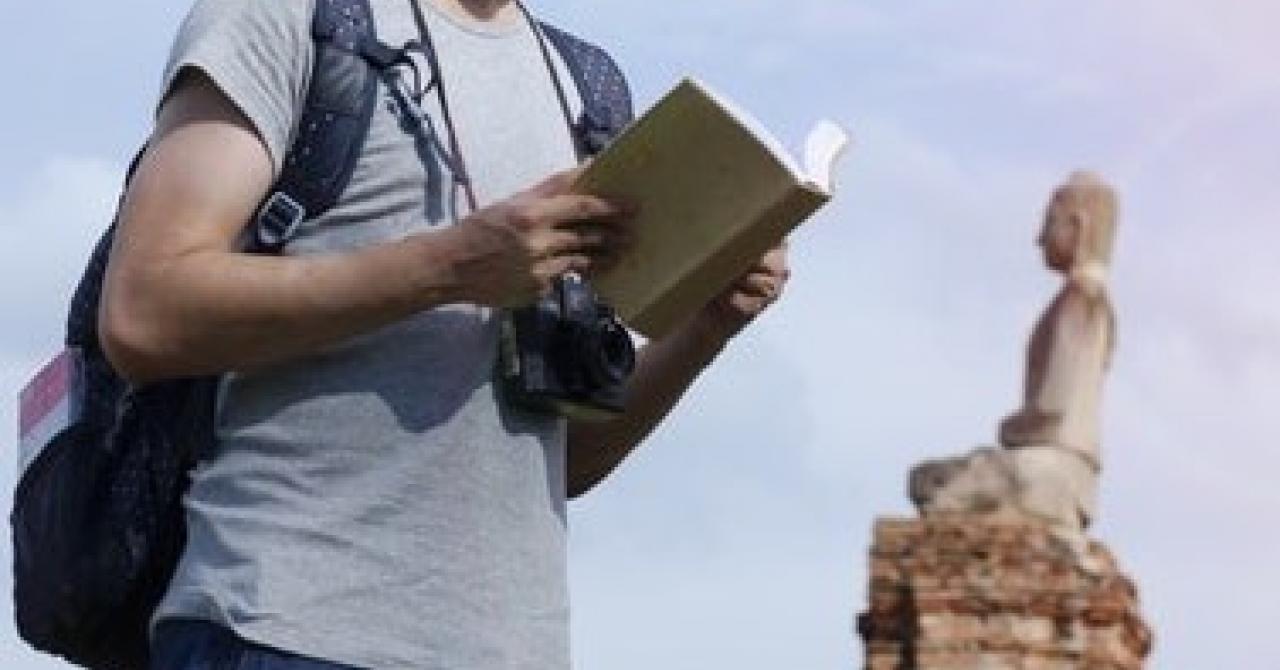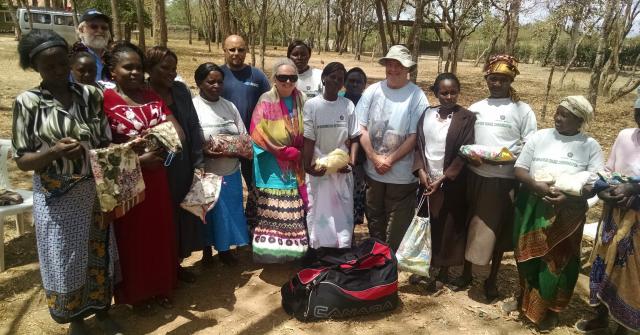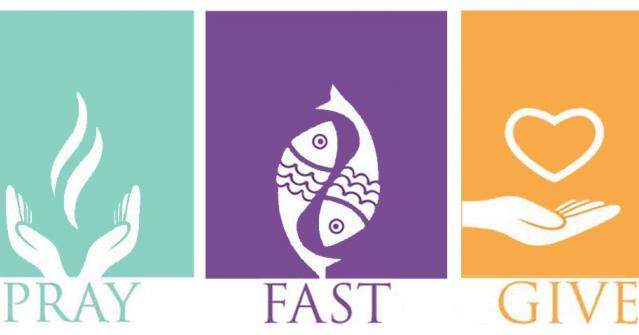
Are you a Tourist or a Disciple?
“Foxes have holes and birds of the air have nests, but the Son of Man has no place to lay his head.”

I must be honest. One of the big reasons that I wanted to be a “pack-your-bag” missionary is that I don’t trust myself here. I find that I’m so complacent about my faith when I’m surrounded by the familiar that I struggle to live the way that I believe Scripture challenges me to live. I often feel like I can’t reach my full potential as a disciple without the challenge of the unfamiliar. Another culture might just give me that edge. Sadly, I’m at home in my work/family routine.
Here is the reality: there are lots of opportunities to live like a disciple here. I wonder if the reason I struggle to keep the edge, is because I choose to live like a tourist instead of a disciple. At the most basic level, a disciple is one who follows Jesus, loves God and loves their neighbour. The Kingdom breaks through every day, because following Jesus involves owning his mission. In Luke 4:16-21 Jesus describes his mission like this: he’s come to “preach good news to the poor, proclaim freedom for prisoners, recovery of sight for the blind, to release the oppressed and proclaim the year of the Lord’s favour.” Living like a disciple requires the sacrifice of my preferences for his; it’s risky and relational. Shouldn’t I live the life of a disciple to the full regardless of where I am? Instead of making my home at the corner of individualism and secularism, I need to make my home where Jesus is.
Unfortunately, many Christians go through life without the challenge of living as a disciple; they disengage from church because church is not giving them a sense of how to live out their calling. Statistics bear this out. The Evangelical Fellowship of Canada’s study called “Hemorrhaging Faith” identified that:
- Only one in three Canadian young adults who attended church weekly as a child still do so today.
- Of the young adults who no longer attend church, half have also stopped identifying themselves with the Christian tradition in which they were raised.
- There are four primary toxins that keep young people from engaging with the church: Hypocrisy, judgement, exclusivity, failure.
I believe this can and must change.
Consider the big mission verse in Matthew 28:19-20: “Therefore go and make disciples of all nations, baptizing them in the name of the Father and of the Son and of the Holy Spirit, and teaching them to obey everything I have commanded you. And surely I am with you always to the very end of the age.”
If discipling is at the core of our mission, we need to understand what it means. Surely, if we nail disciple-making then we should have a vibrant organic church through which God can change the world.
So, I’m asking the question “Are we disciples or tourists?” because I think that it creates a nice contrast of characteristics for us to consider in the lead up to Missions Fest 2019 with the theme “Mission: Discipling”.
A tourist is someone who takes a tour for pleasure or culture. A disciple is a follower of a teacher. In the rabbinical tradition of Jesus’ era, the disciple would eat, sleep, travel, obey, and mimic everything the teacher did. There are a lot of good lessons that could be drawn about behaving like a tourist instead of a disciple, but I’ll keep it to two.
First, at church we often drop in and observe, even participate at a superficial level but refrain from putting down deep relational roots. If we do put down roots, then often the orientation is towards self-nurture, not self-giving. A tourist is a visitor. In a sense they are a voyeur. They look from the outside to the inside. The culture they observe may strike them as beautiful or repugnant. They may even participate briefly, but at the end of the trip (or the Sunday service) they will leave and return home. I think that tourists in the church might explain the often-heard accusation of hypocrisy. A disciple, on the other hand, is committed to following a teacher. The relationship with the teacher and the culture that emerges in that context is essential to their identity.
Secondly, we often behave like a tourist towards mission by treating it as a thing, and not treasuring it as the heartbeat of God. Again, we may drop in and observe, even participate at a superficial level, but refrain from deep loving commitment to the poor, the widow, the orphan or the lost. Once again, we shy away from the sacrifice that is demanded.
We are called to follow Jesus and “embody the will of God in a new kind of society”, as Scot McKnight notes. This new society or Kingdom is “interconnected, noted by caring for others, shaped by justice, empowered by love, dwelling in peace, flowing with wisdom, knows its history, lives out its memory, values society, and cares about its future.” (McKnight, One.Life) There is a commitment in the life of a disciple that doesn’t develop for a tourist on a tour. The disciple’s whole life is bound up in loving relationship. Loving community is the water that the persons of the Trinity swim in, and that’s the water that we’re invited into as well.
The old saying “home is where your heart is” seems to apply to the contrast between a disciple and tourist. As Christians, we need our home to be the Kingdom. Let’s start doing things to remind ourselves that that is where we live. Next time you’re in a restaurant, consider asking if you can pray a blessing over your server. Maybe we need to be more patient in line-ups or open doors for others (literally and figuratively). Could we invite a neighbour over for a meal? These simple actions, and others, may help us to keep our edge as Jesus’ disciples and break the temptation to live like a tourist.







